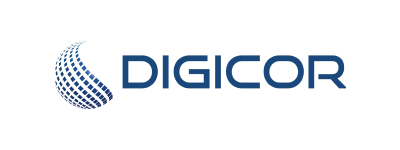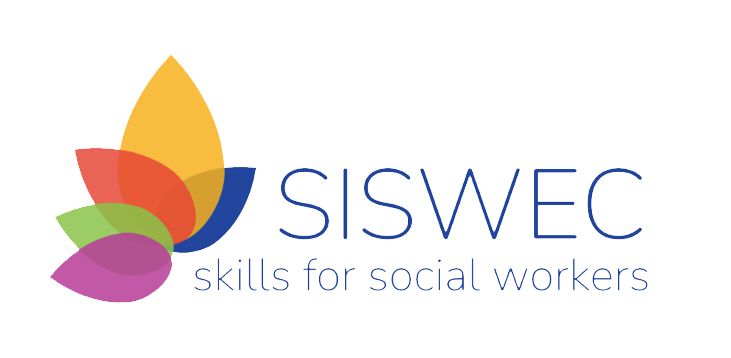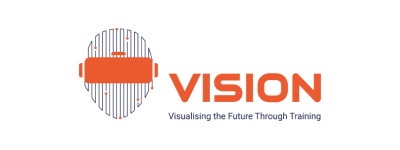
BLEEP
Blended Learning Environment for European Prisoners

Digitalisation in corrections towards recidivism reduction initiative
Project design
IPS_Innovative Prison Systems
Timeframe
03/2021 - 02/2023 (24 months)
Get in touch

The COVID-19 pandemic triggered the urge to develop the technology environment in prison systems to respond to the imposed restrictions and limitations.
Thus, DIGICOR is closely linked to the idea that correctional administrations must not ignore the digitalisation momentum derived from the pandemic crisis. Instead, this turning point must be supported, especially for the education and employability of prisoners and their contact with the outside world.
Prison staff (educational/training staff, technicians, and prison officers) play an intermediary role between inmates and technological solutions, which exponentially decrease recidivism rates. Hence, DIGICOR seeks to invest in providing training to this target group, enhancing their digital skills, and successfully harnessing technology towards inmate rehabilitation.
By adjusting to the new digital era, the project will understand the advantages and analyse the risks of each technological solution implemented, with the ultimate goals of reducing recidivism and supporting the inmates’ reintegration process.

Create (and raise) awareness on the importance of modern-day technology to prisons and on how it positively impacts inmates' capacity to be fully reintegrated into society.
Develop a roadmap with guidelines to support prisons and probation digital transformation, counting with experts' inputs to guarantee tailor-made programmes.
Support and enhance resource and technical knowledge exchanges between European organisations, thus fostering durable networking opportunities.
Develop a training programme for prison administrations, officers, and educational/training staff focused on the adoption of technology-based solutions (b-learning course and train the trainer course).
Develop the tools for decision-makers, prison staff, and stakeholders, able to understand the advantages (and risks) of each solution, as well as their impact on inmates' reintegration process (an online repository of prison technology development).
A European prison sector strengthened by innovative practices in the digital age, with durable and high-quality digital technologies.
A European prison sector dedicated to maintaining the quality of initial and continuing vocational education and training (IVET and CVET).
A professional and developed community of teachers, trainers, mentors and other staff in VET, as an inherent element to the transnational nature of the project.
Use of innovative e-learning pedagogies and vocational education for prison staff, in the scope of lifelong learning.
An engaged community of prison officers and trainers focused on developing job-specific skills needed in the current and future labour market.
A justice system environment reinforced by the promotion of best practices and pedagogical methods and technologies.
Easy access to digital solutions that foster inmate rehabilitation.

Blended Learning Environment for European Prisoners

Cultural change in prisons

DIGICOR Digital Transition Working Group

Intelligent Offender Management System

Managing for innovation

Strengthening the skills of social workers in a Europe in crisis

Training of Refugee Offenders by Virtual Reality

Virtual reality for training inmates

Visualising the Future Through Training

Developing and Using Virtual Reality Technology for the Rehabilitation of Drug Users in Probation Services

Reducing Reactive Aggression through Virtual Reality